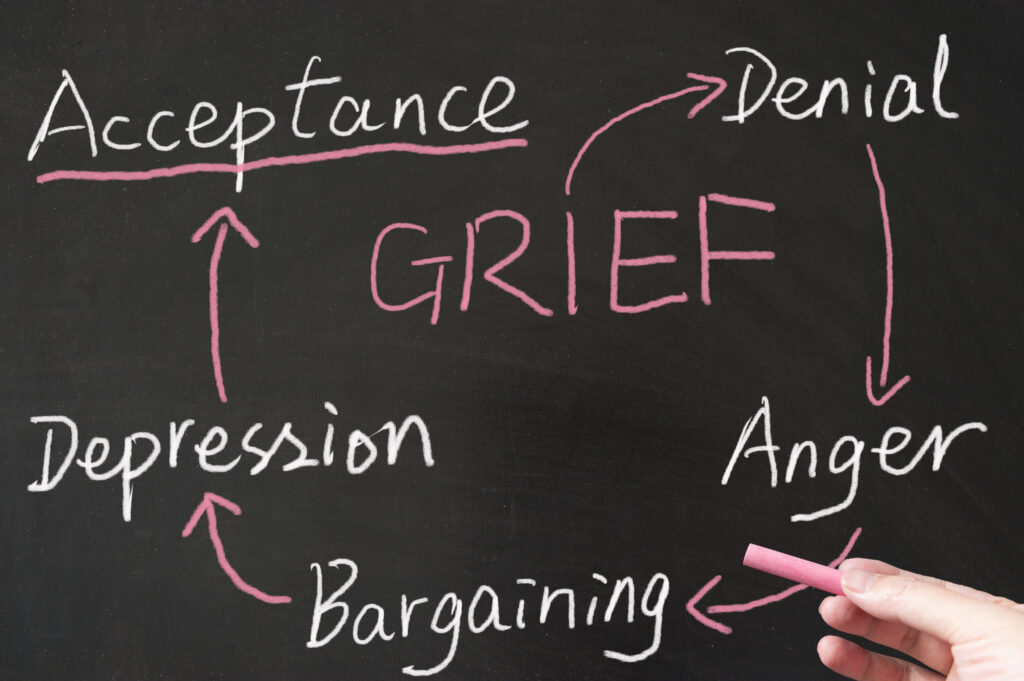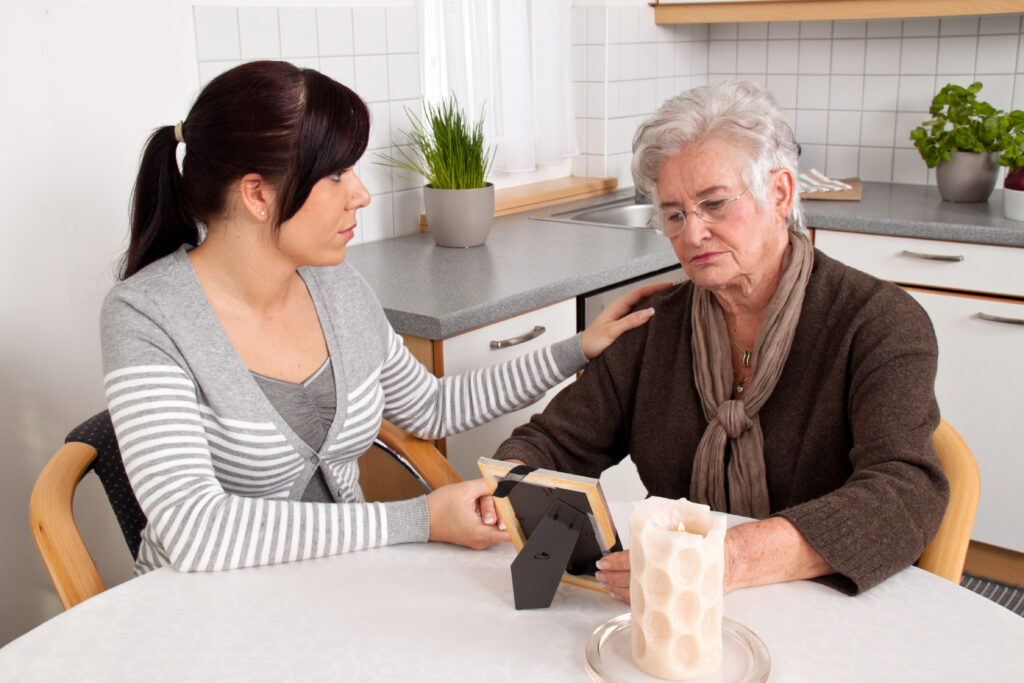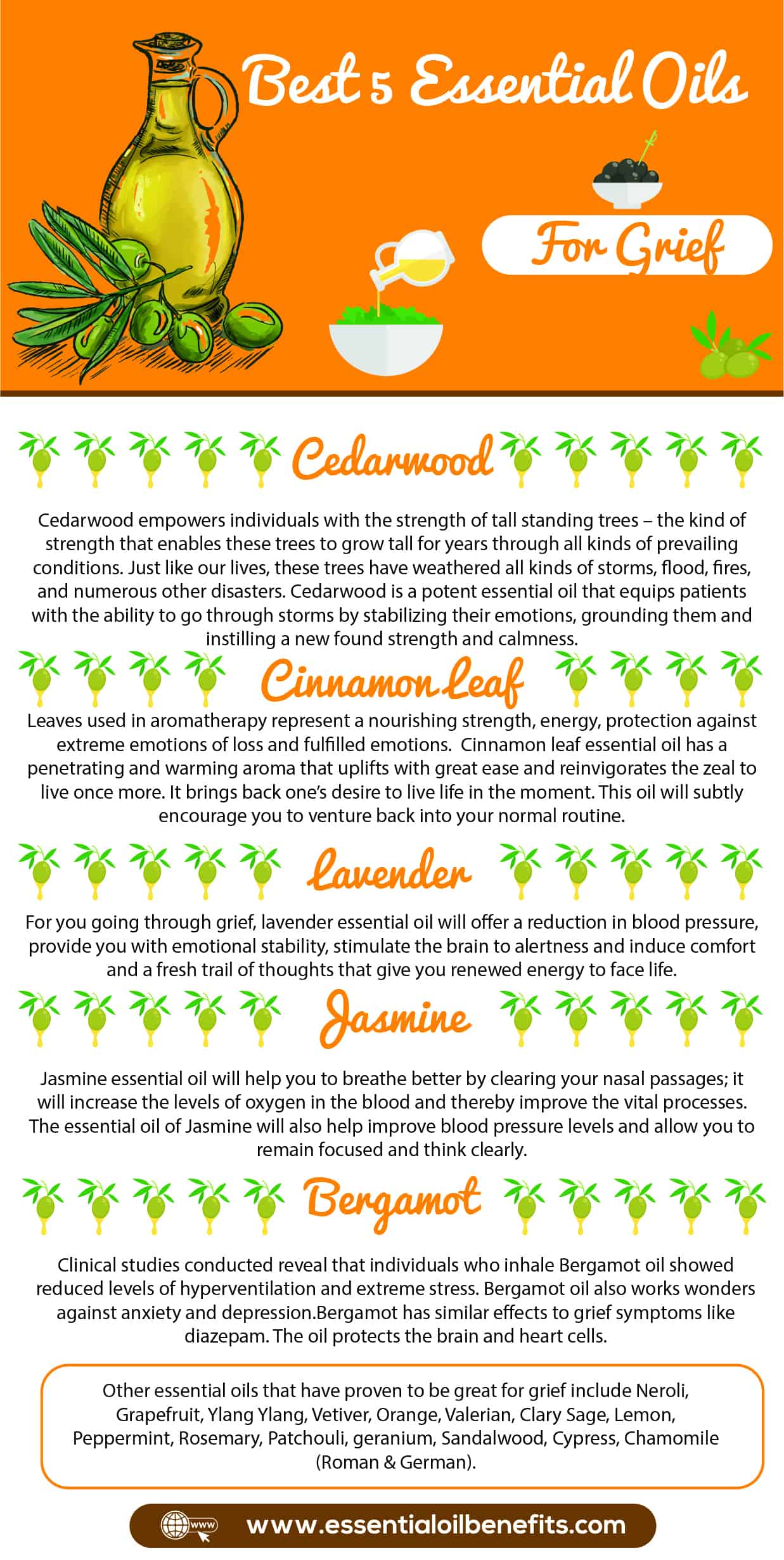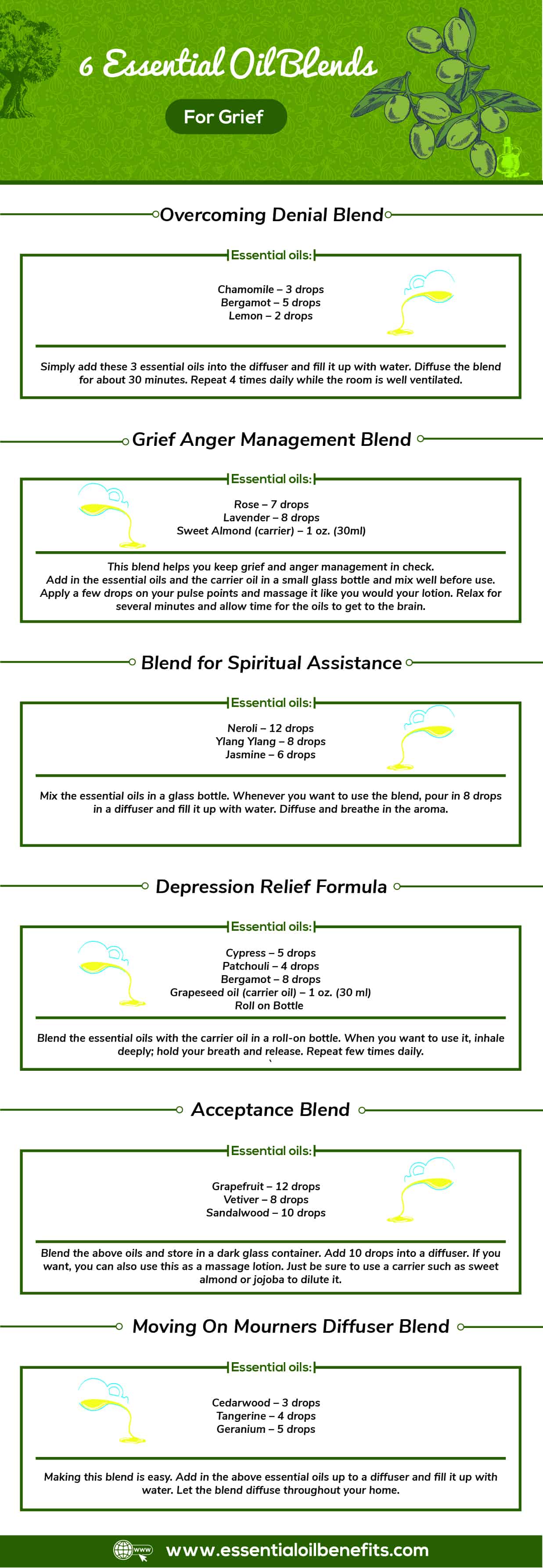I guess it is safe to say that grief is an emotional bullet that proves hard to dodge. Even animals like elephants and dolphins grieve. Yes, they do mourn the loss of one of their own – and in an elaborate memorial ritual if I might add. This is quite fascinating when you really think about it.
And speaking of memorial rituals, I once read that some African and Asian cultures hire professional mourners known as moirologists.
I swear I’m not making this stuff up. As it turns out, these individuals are skilled mourners who have mastered the art of mourning over the years. Without them, your ‘ceremony’ will definitely be missing something. These mournful experts put up a heck of a tear and wail performance to show the whole village how much the deceased will be missed. I know it is weird, but it’s true – look it up.
Children can also grieve the loss of a pet or an item they held dear to them. The internet is full of videos showing kids grieving the loss of goldfishes, cats, dogs, frogs, hamsters – just about anything they were attached to. As they grow older, grief, unfortunately slowly but surely, starts becoming a part of their life experiences.
In this piece, we shall dissect grief and have a look at its insides. We shall learn what causes it as well as some of its different stages and symptoms. The grieving process is scary and tasking even for the most composed and upbeat person.
For this reason, I’ll share some essential oil blends that have stood the test of time and held my hand in the toughest of times. So buckle up and as Bender would say ‘lets go already’.
What Is Grief?
There are lots of definitions about grief. But here is one that I feel describes grief best…Grief is basically what you feel and think when you lose something you treasure. It could be a loved one (most common), your job, being diagnosed with a terminal illness, miscarriage, divorce, losing a pet or moving to a new city/home.
It is the anger, sadness, regret, and numbness of the soul all wrapped up into one engulfing feeling. Like a pain in your gut or like you have a gaping hole in your chest that nothing can fill it up.
And though people use the terms ‘grief’ and ‘mourn’ to mean the same thing, the two are quite different. Mourning is simply an expression of grief. It is letting the grief out. It often involves crying, talking about the loss, writing about it or punching something.
The pain that accompanies grief is deep cutting and cannot be drowned by alcohol. If anything, the pain learns to swim. Luckily, over time, the pain fades away. Speaking of time, there is no telling how long the grieving process will take. It is always unique to every individual.
But regardless of the uncertainty involved, understanding the different phases/stages of grief will help you go through the process faster.
Stages Of Grief
Initially, these stages were 5 but were later adjusted to 7. And while I will list the stages in a ‘chronological’ manner, rarely do people go through grief in the outlined order.
The phases may be experienced in any order, severally, and repetitively. This is to mean that you may start off feeling sad and then progress to anger only to revert back to sadness after a while. In all this, the most important thing to remember is that it is your time to grieve. You should allow yourself to go through it in your own way.
1. Shock and Disbelief
The very first reaction to any loss is shock. Learning that you have lost someone you care for dearly will send a cold chill down your spine, numb your body and fill you with doubt.
This is one way the brain actualizes emotional protection. It could last for several weeks. The time one experiences most often than not reflects the suddenness of the said loss. But as I pointed out earlier, everyone experiences grief differently. It is thus common for one to experience shock throughout the loss as a way of getting through it.
2. Denial
In this stage, individuals are stubborn – in the sense that one will deny the death of a loved one regardless of the circumstances that surround the death. The mind goes into this state by default to try and avoid the pain that accompanies the loss.
In addition to refusing to accept a loss, some also deny the fact that the loss affects them seriously. You can think of denial as a method of self-preservation. In a way, it is similar to shock. Denial keeps one from experiencing the pain and from progressing to other stages of grief.
3. Pain and Guilt
As one starts to soak in the reality of the loss, the numbing feeling leads them to extreme suffering and pain. Usually, this pain is accompanied by guilt.
It is pretty common for individuals to start asking themselves a bunch of ‘what if?’ questions. They start feeling guilty and remorseful for opportunities they missed, the things they could have done but did not do and that they feel would have prevented the loss.
Though this is the most dreaded stage, it is recommended that one let go and allow themselves to experience the pain in its entirety. Masking this phase with drugs and alcohol will only make things worse. When you start using drugs and alcohol, they will feel like your best friend. But in no time, they will turn into your worst enemy and show you their bad side.
4. Bargaining
This phase involves a lot of negotiations. The negotiations are designed as a form of emotional release from the pain and shock of the loss. The negotiations are usually with a higher power to try and make sense of the situation. Unfortunately, especially with loss related to death, nothing can be done to reverse the situation.
5. Anger
People in this phase lash out at everyone around them. The anger experienced is a result of their feelings of helplessness. In addition to this, they may start blaming others for the death of their loved one. Grief has a way of straining the relationships of those who are left behind.
To help preserve these relationships, it is important that one finds a healthy release of the toxic emotions. Failure to find a release will lead to the destruction of bonds that took years and hard work to form.
6. Depression
People who have never gone through depression in the past have a harder time coping in this stage. Depression has a way of consuming and encompassing your life. Life itself lacks meaning. While it is worrying and scary to go through this phase, it is healthy and common while grieving.
After spending all your energy in the other grieving stages, depression provides you with ample time to reflect on your life and recover from the loss. Taking time to feel the isolation and loneliness will make it even easier for one to re-enter the world in their own time.
When going through depression, you should try your best to avoid people who tell you to ‘get over it’. Why? Well, you cannot control your feelings and emotions in this way. Instead and like with other grieving stages, you should release yourself to the emptiness and feelings of despair.
This stage is important for recuperation and reflection.
7. Acceptance
As one adjusts to life without what they have lost, depression, anger, and other extreme feelings start to fade away. Some signs that show one is going through acceptance include:
- Beginning new hobbies and projects
- Working on social and financial problems
- Restructuring and finding a balance to life without the lost loved one
- Cleaning out the personal items of the loved one
- Seeking out support systems and old relationships
Note that acceptance does not mean one is happy. Instead, acceptance is the conscious decision one makes to move on and work hard toward feeling normal again. After a huge loss, it is rare (close to impossible) that one will feel the same way they did before the loss. However, acceptance comes in when one stops looking at the pasts and focuses their sights on the future.
Common Responses To Grief
Behavioral
Social withdrawal, isolation, irritability, restlessness, tearfulness, and loss of interest in other people
Cognitive
Racing mind, a sense of unreality, difficulty in making sound decisions, forgetfulness, confusion and repeated disturbing images
Emotional
Distress, shame, blame, numbness, guilt, fear, anger, distress, disbelief, shock, suicidal and helplessness
Physical
Change in sleeping patterns, headaches, colds, and change in appetite
Spiritual
Loss of direction, searching for understanding, loss of meaning and yearning
Is There A Cure For Grief?
Grief is a natural response to loss – we have already seen this; the only cure there is to it is avoiding living life isolated and shut away from others. And even then, you might experience grief going by the fact that you will be losing on what the world has to offer.
Most people maintain that time is by far the best healer of grief. However, I still feel as though it does not work perfectly without some assistance from third-party treatment methods.
While there isn’t a set time for grieving (as such no one can take too long to grieve), on the other hand, when complications related to grief (emotional, physical and mental complications) are left untreated, it only means that in the long run, you will need help to deal with the loss experienced.
Therapies For Grief Management
Medical and mental health professionals have quite a few therapies they use to manage grief complications some of these include group therapy, counseling, cognitive behavioral therapy, participating in outpatient and inpatient rehabilitation programs and education.
Since grief is a rather personal experience, the treatment program every grief-stricken individual is served with is quite personal as well.
Before you decide on any treatment, it is best that you speak to your health counselor.
1. Cognitive Behavioral Therapy Treatment
You can consider the cognitive behavioral therapy as an umbrella for many therapy processes based on the behaviors (behaviors in this case also include thoughts). Since people are prone to changing their thoughts, individuals who go through this therapy treatment believe that they can also change their emotion and behavior as well.
This therapy treatment involves having minimal patient and therapist interaction. The entire goal of this therapy is not to instruct patients on how they should feel but on the contrary, to help patients learn how they should react to the thoughts and external stimuli to achieve the results they wish to see.
2. Medically Assisted Grief Therapy
Health experts are divided with regards to this type of therapy. Note that there isn’t a single drug that will wave your grief into oblivion. Instead, a bunch of medications is used to assist in relieving the symptoms experienced when in grief.
Some health experts believe that prescribing medications to help deal with the symptoms will clear the way for the individuals to deal with the mental and emotional aspect of the loss. Temporarily dealing with the symptoms can also be good enough as it will help you to function normally and complete your daily responsibilities faster.
The reason some health experts do not agree with this process is that most medications used tend to have an effect on one’s emotions. Some experts further argue that the said medications can result in a slowed gown grieving process.
The idea of introducing medication into your life to help with the grieving process should be handled on an individual basis. If you feel like some of the grief symptoms are getting in your way of normal functioning, you should speak to your doctor ASAP.
3. Other Therapies Used
Group therapy, complicated grief treatment, and group therapy are some of the therapeutic methods that can be used in assisting to alleviate grief symptoms.
Complicated grief treatment is completed in three phases. These phases include goal setting towards recovery, coping as well as sharing about the loss, and last but not least, reviewing and planning for a future living with the loss.
Best 5 Essential Oils For Grief
1. Cedarwood
As it is the case with all woodsy essential oils, Cedarwood empowers individuals with the strength of tall standing trees – the kind of strength that enables these trees to grow tall for years through all kinds of prevailing conditions.
Just like our lives, these trees have weathered all kinds of storms, flood, fires, and numerous other disasters. And the beauty of it all is that they bloom right after. They do so with such grace. This serves as a reminder that the dark times we are passing through will eventually pass.
Cedarwood is a potent essential oil that equips patients with the ability to go through storms by stabilizing their emotions, grounding them and instilling a new found strength and calmness.
2. Cinnamon Leaf
Leaves used in aromatherapy represent a nourishing strength, energy, protection against extreme emotions of loss and fulfilled emotions. These leaves let in light into our lives during dark times.
Cinnamon leaf essential oil has a penetrating and warming aroma that uplifts with great ease and reinvigorates the zeal to live once more. It brings back one’s desire to live life in the moment. This oil will subtly encourage you to venture back into your normal routine.
3. Lavender
Yes, my list of essential oils will not be complete without lavender. It is an essential oil that deserves to be among the best for grief.
In the recent times, lavender has grown exponentially in popularity. All those people could not be picking it off of shelves for nothing.
For you going through grief, it will provide a reduction in blood pressure, provide you with emotional stability, stimulate the brain to alertness and induce comfort and a fresh trail of thoughts that give you renewed energy to face life.
Aside from grief, lavender’s benefits range from providing impeccable results on your skin to keeping away mosquitoes – it is a jack of all trades!
4. Jasmine
Jasmine essential oil is derived from the delicate jasmine flower. Jasmine has great results on the limbic brain and helps with grief.
Jasmine essential oil will help you to breathe better by clearing your nasal passages; it will increase the levels of oxygen in the blood and thereby improve the vital processes. It will also help improve blood pressure levels and allow you to remain focused and think clearly.
5. Bergamot
A 2017 clinical study revealed that individuals who inhale Bergamot essential oil showed reduced levels of hyperventilation and extreme stress. Bergamot oil also works wonders against anxiety and depression.
Bergamot has similar effects to grief symptoms like diazepam. The oil protects the brain and heart cells. Who wouldn’t want an extra layer of protection on these vital organs?
Other essential oils that have proven to be great for grief include Neroli, Grapefruit, Ylang Ylang, Vetiver, Orange, Valerian, Clary Sage, Lemon, Peppermint, Rosemary, Patchouli, geranium, Sandalwood, Cypress, Chamomile (Roman & German).
Recommended Product For Grief
Try the L’orpur 5 blends kit for peace of mind…
6 Essential Oil Blends To Overcome Grief
Important note – regardless of how bad your grief response and symptoms feel, you should find comfort in the fact that you will find relief in aromatherapy oils and blends. These will help you feel better.
Blend 1: Overcoming Denial Blend
Essential oils:
- Chamomile – 3 drops
- Bergamot – 5 drops
- Lemon – 2 drops
Isolation and denial are a normal process of grief. In this state, you are simply in shock and the brain is trying to get through the loss in the best way it knows how to. Sure it will not act like a portion to attract people to you (it is not a love potion), but it will pump you with the courage you need to face the new world.
Simply add these 3 essential oils into the diffuser and fill it up with water. Diffuse the blend for about 30 minutes. Repeat 4 times daily while the room is well ventilated.
Blend 2: Grief Anger Management Blend
Essential oils:
- Rose – 7 drops
- Lavender – 8 drops
- Sweet Almond (carrier) – 1 oz. (30ml)
No one likes working with an angry individual. You are perhaps feeling that way due to the loss you have just experienced. It is important to sort out your anger issues sooner rather than later. This blend helps you keep grief and anger management in check.
Add in the essential oils and the carrier oil in a small glass bottle and mix well before use. Apply a few drops on your pulse points and massage it like you would your lotion. Relax for several minutes and allow time for the oils to get to the brain.
Blend 3: Blend for Spiritual Assistance
Essential oils:
- Neroli – 12 drops
- Ylang Ylang – 8 drops
- Jasmine – 6 drops
The bargaining phase includes striking covert deals with God or looking for solutions that could help correct the loss. While this stage makes some people more spiritual, it postpones the inevitable, i.e. accepting the loss. The longer this stage is delayed the longer one remains miserable.
Mix the essential oils in a glass bottle. Whenever you want to use the blend, pour in 8 drops in a diffuser and fill it up with water. Diffuse and breathe in the aroma.
Blend 4: Depression Relief Formula
Essential oils:
- Cypress – 5 drops
- Patchouli – 4 drops
- Bergamot – 8 drops
- Grapeseed (carrier oil) – 1 oz. (30 ml)
- Roll on Bottle
During grief, deep sadness, worries and regret haunt individuals. You will most probably experience this. While there is no much that anyone can do to make you feel better, try inhaling this blend to lift your spirits. It will give you the power to brace yourself for the coming days.
Blend the essential oils with the carrier oil in a roll-on bottle. When you want to use it, inhale deeply; hold your breath and release. Repeat few times daily.
Blend 5: Acceptance Blend
Essential oils:
- Grapefruit – 12 drops
- Vetiver – 8 drops
- Sandalwood – 10 drops
Not everyone gets to this stage; the few that do are lucky. And they are probably in better condition than they give themselves credit. In the acceptance stage, one has peace of mind and the strength to beat tough times.
Blend the above oils and store in a dark glass container. Add 10 drops into a diffuser. If you want, you can also use this as a massage lotion. Just be sure to use a carrier such as sweet almond or jojoba oil to dilute it.
Blend 6: Moving On Mourners Diffuser Blend
Essential oils:
- Cedarwood – 3 drops
- Tangerine – 4 drops
- Geranium – 5 drops
It is easy to lose your grip on life when going through the grieving process. This blend is designed to provide you with great stability and to uplift you above your situation.
Making this blend is easy. Add in the above essential oils up to a diffuser and fill it up with water. Let the blend diffuse throughout your home.
Conclusion
Grief is part of being human. There is no escaping it. At some point, we all have to go through it. This is the bitter truth and we cannot afford to bury our heads in the sand.
But though inescapable, we can find relief and soothe the sad feelings and pain using nature’s gifts – essential oils. I know that it can be tempting to take the pain away with pharmaceuticals and mind altering drugs.
But think about your loved ones – would they want you drugging yourself? I’d think not; the best way to overcome grief is to go through the phases while honoring the memory of lost ones and trying to overcome the source of your grief.












